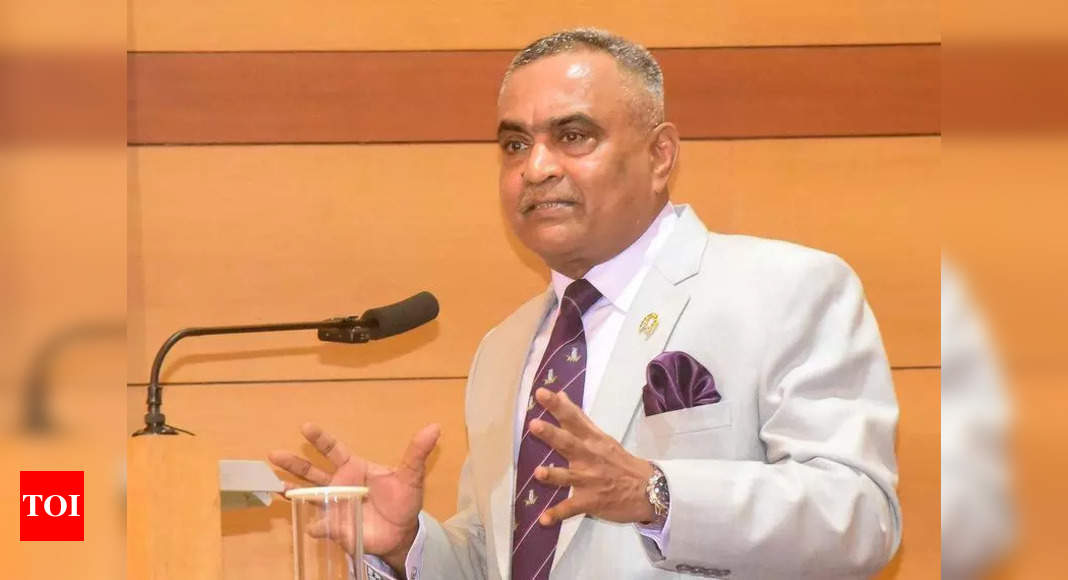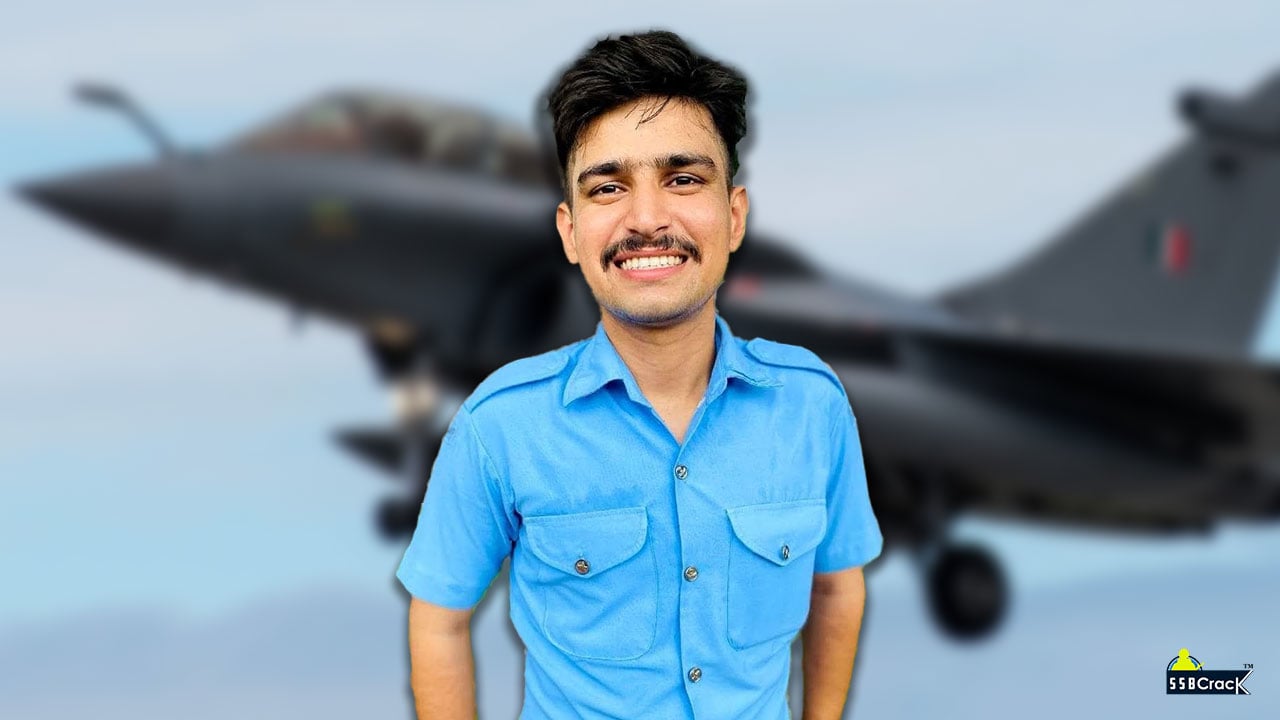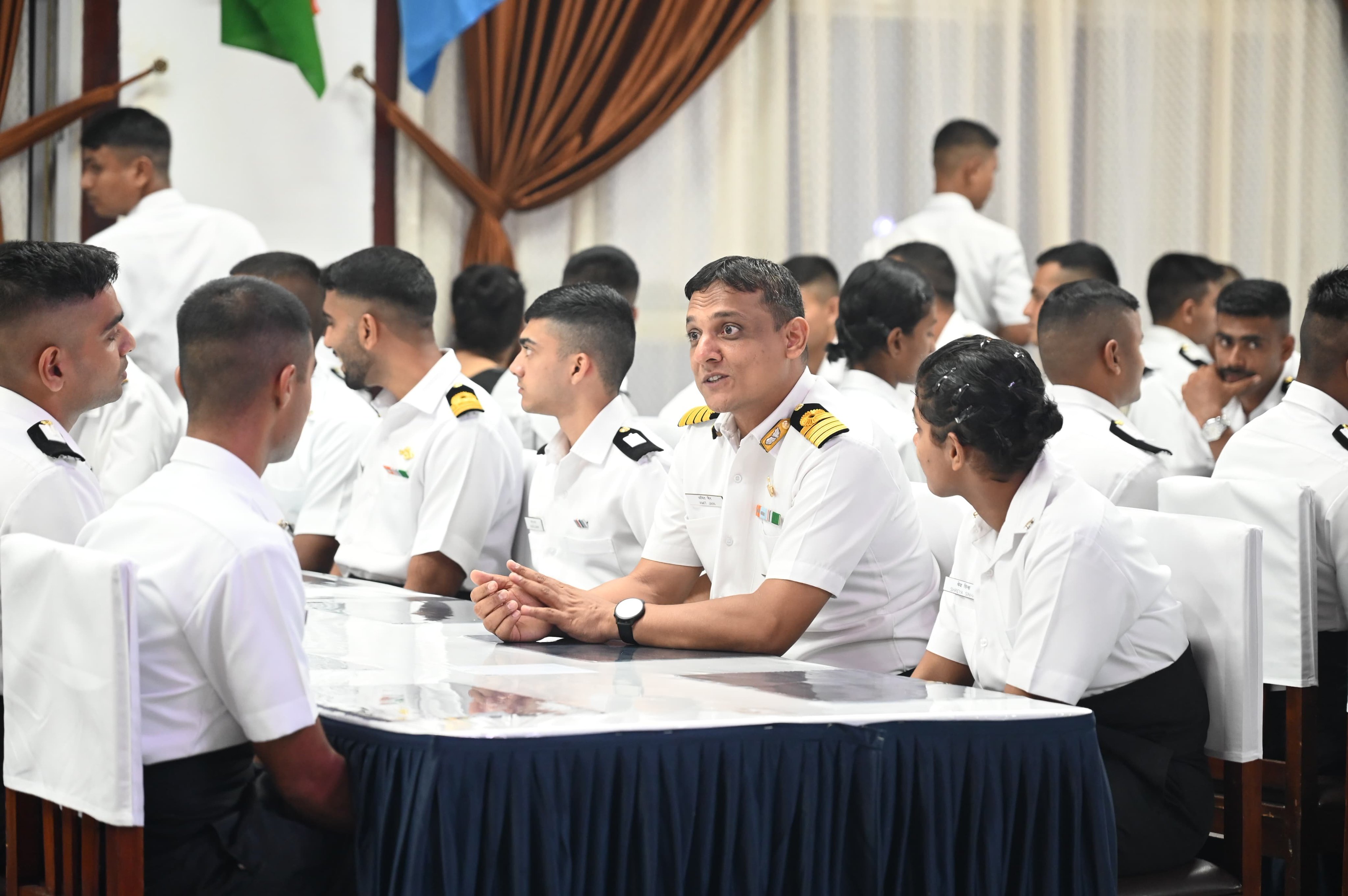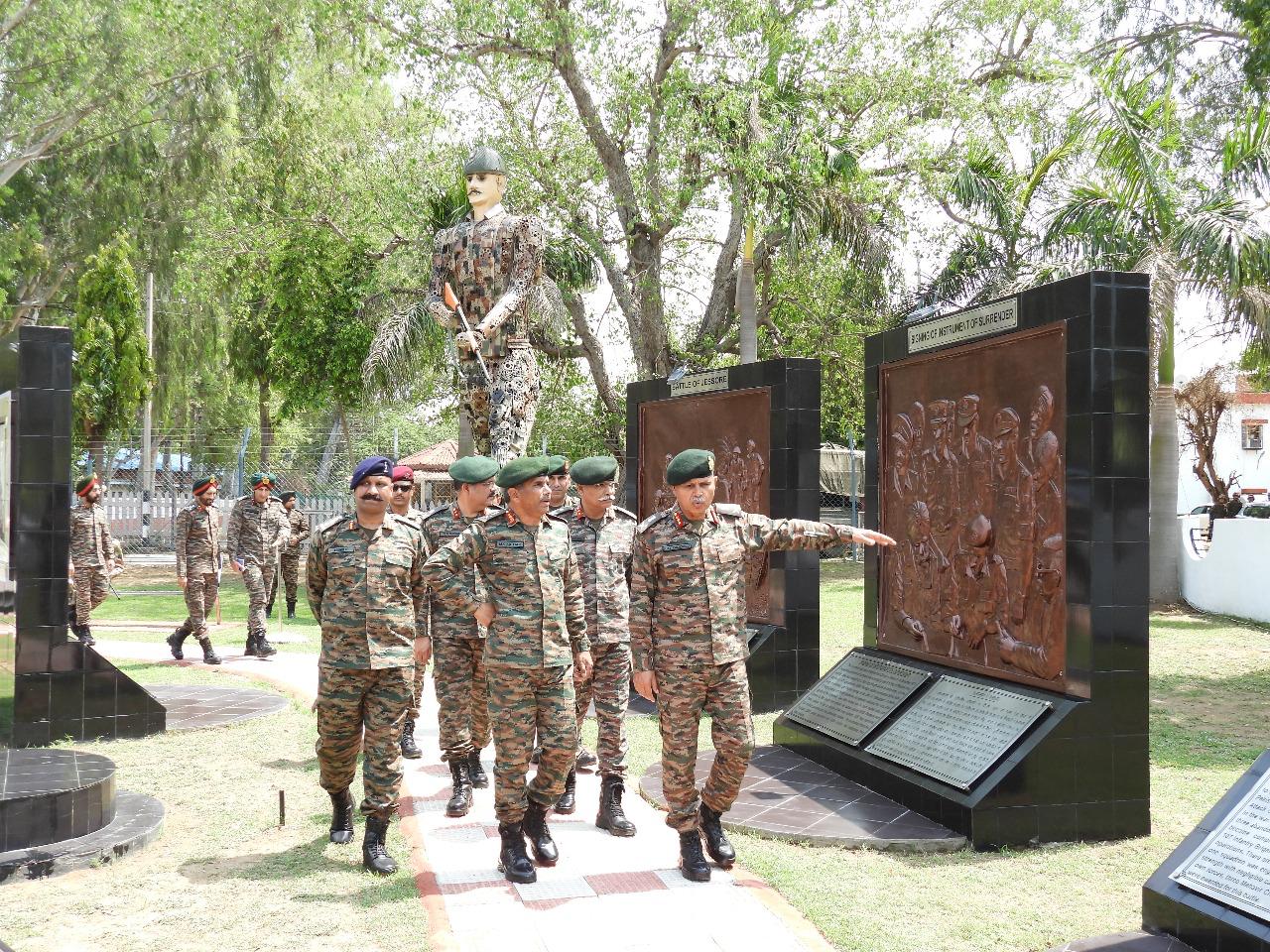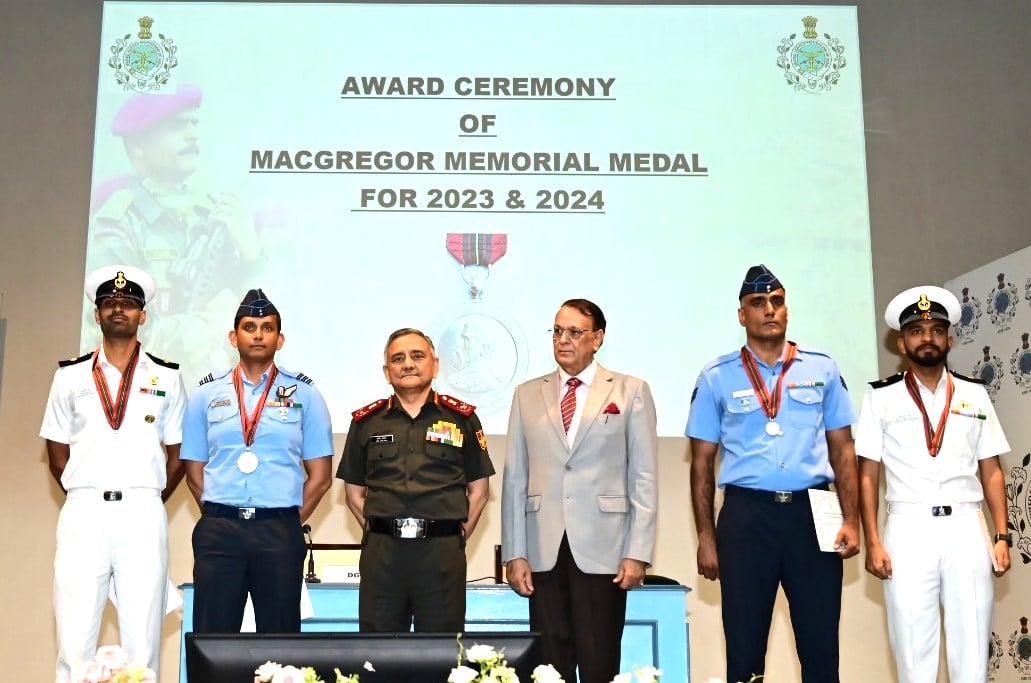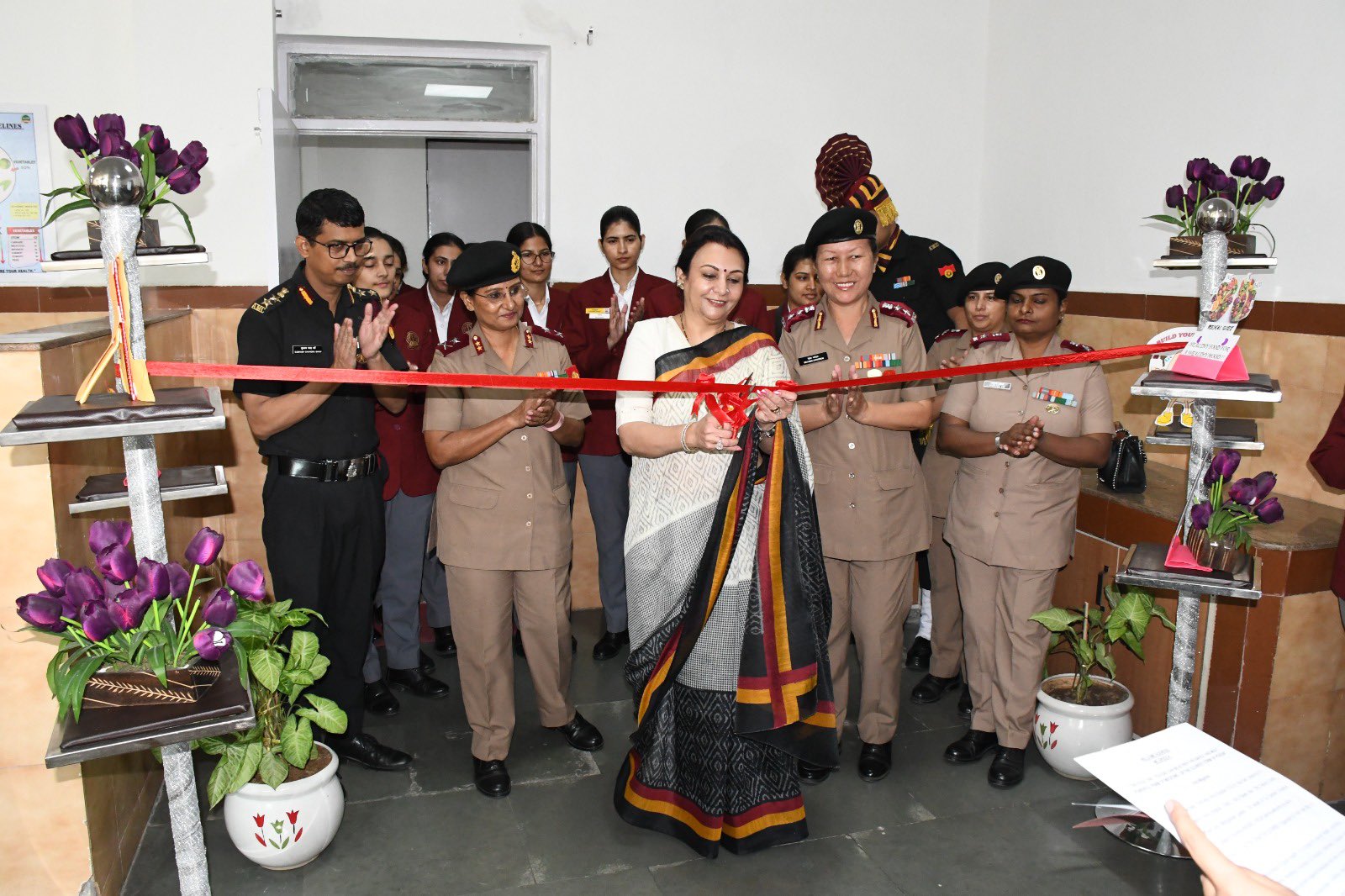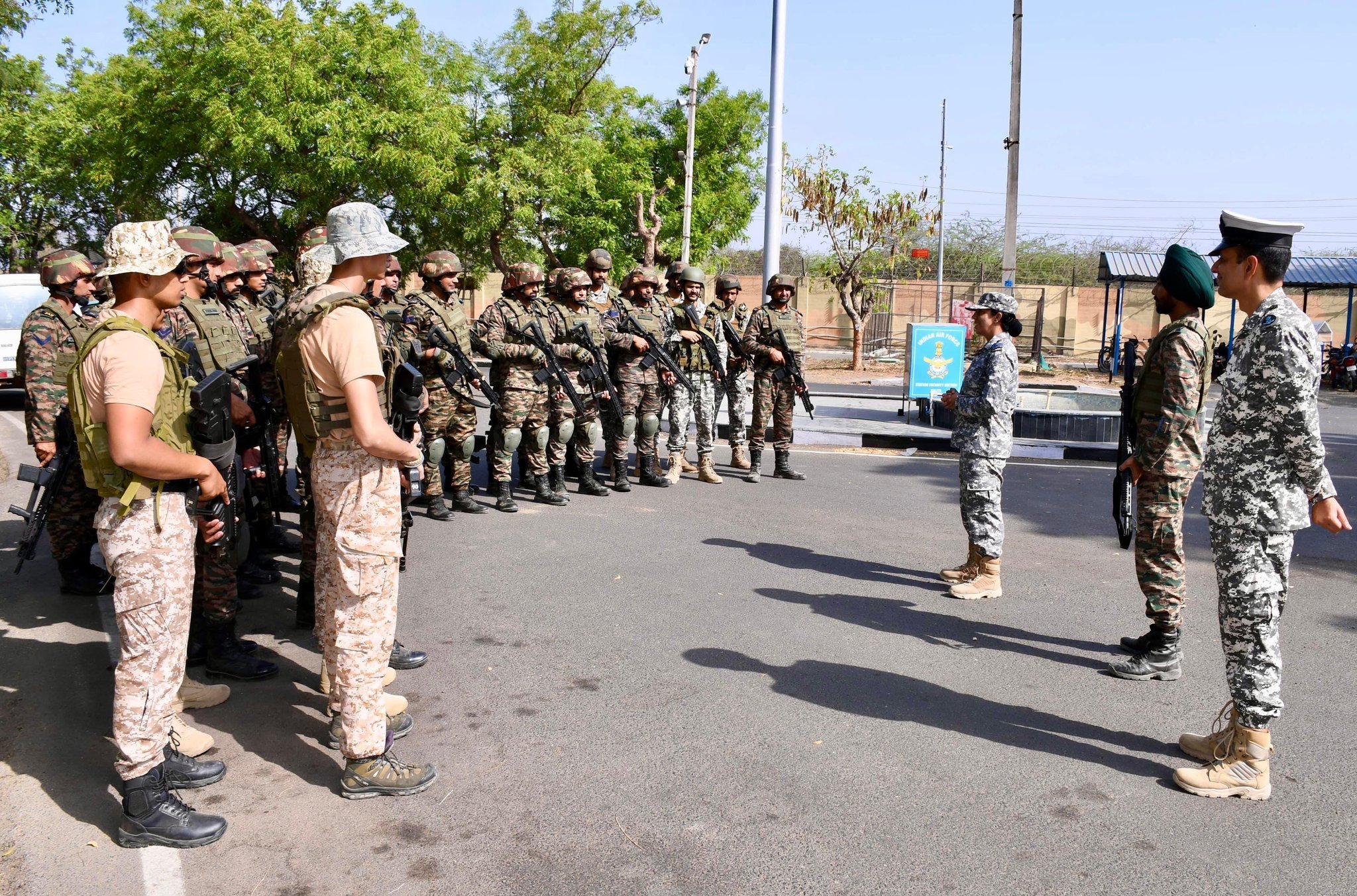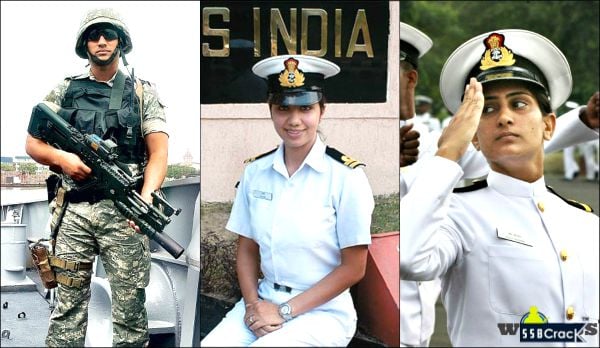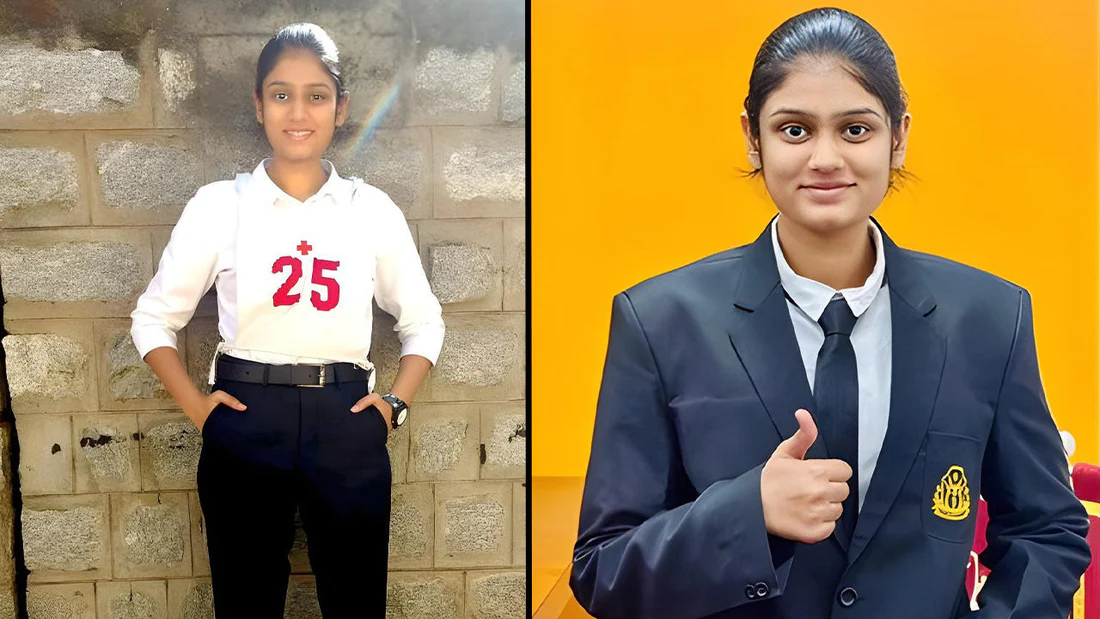In a thought-provoking keynote address at the Nagpur bench of the Bombay High Court, former Chief of Army Staff General Manoj Pande underscored the importance of identity, loyalty, and respect—referred to as “Naam, Namak, Nishan”—as the foundational values of the Indian Army’s ethos. This special session was organized by the High Court Bar Association (HCBA) Study Circle, drawing an engaged audience from the legal fraternity and students.
General Pande articulated ten core principles of warfare, which he asserted are applicable beyond military contexts to various non-military professions. These principles include aim selection, morale maintenance, offensive action, security, concentration of effort, flexibility, sustainability, cooperation, and decision-making. He emphasized that integrating military ethos into professional ethics leads to the development of superior professionals.
The general highlighted the Army’s egalitarian principles, asserting that rank does not determine responsibility. He shared that every position, from a cadet to a general, is equally crucial and demanding, thus fostering a sense of unity and shared purpose within the ranks. Addressing the legal community, Pande stressed the judiciary’s vital role in delivering justice at grassroots levels, signifying the intertwined nature of law and military ethics.
In a resonant engagement with younger attendees, he urged them to embrace a lifestyle enriched with camaraderie, tolerance, sports, reading, and meditation alongside their academic and professional pursuits. Reflecting on his personal connection to Nagpur—his birthplace and where he completed his early education—General Pande noted the city’s remarkable transformation over the past 45 years, highlighting advancements in infrastructure, educational institutions, and amenities. He attributed the unique character of Nagpur residents to their simplicity, warmth, and adherence to tradition.
Discussing the Army’s motto of ‘service before self’, he elaborated on the concept of ‘sarva dharma sthal,’ a common space for prayer that accommodates all religions, emphasizing inclusivity. He conveyed that a life in the Army is deeply fulfilling, instilling a profound sense of purpose.
Justice Anil Pansare, the chief guest at the event, echoed Pande’s sentiments, articulating that there exists only one religion in the Army: selfless service. He remarked on the respect commanded by the uniform and drew an analogy between the black-and-white attire of lawyers and judges—the black symbolizing authority and the white representing fairness—concluding that their combination signifies submission to justice.
The significance of the event was framed by the leadership of HCBA, including president Atul Pande, secretary Amol Jaltare, and study circle convenor Firdos Mirza, alongside the presence of distinguished guests such as General Pande’s wife, Archana Pande, Colonel Niveet Bajpayee, and justices Vrushali Joshi and Urmila Joshi-Phalke. This gathering served as a meaningful intersection of military values and legal ethics, fostering dialogue about building stronger, more cohesive professional identities.

